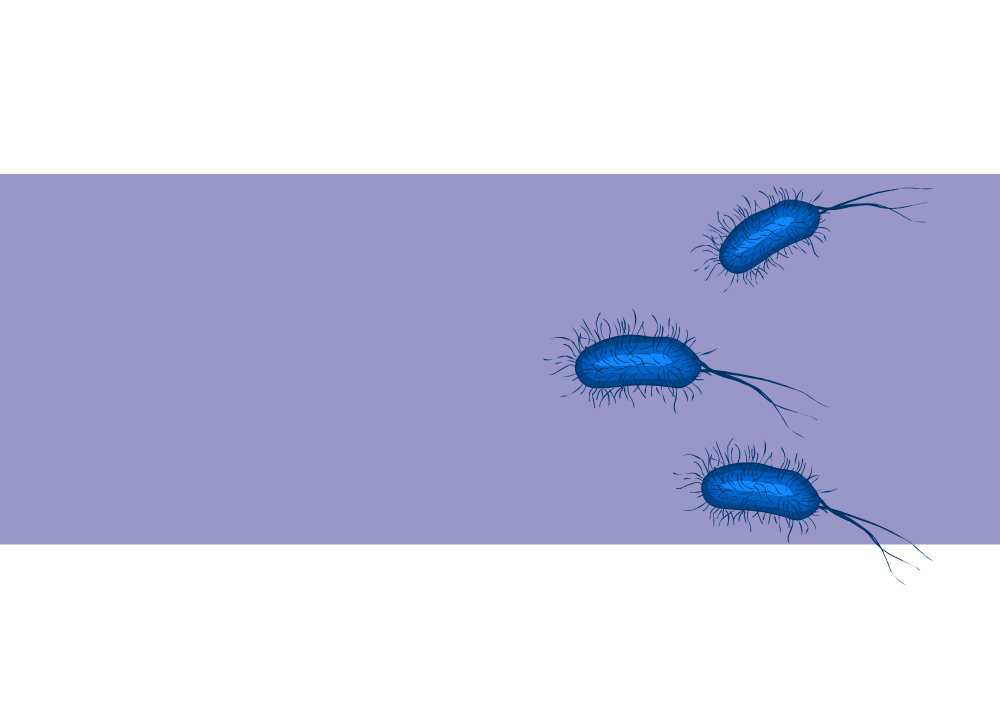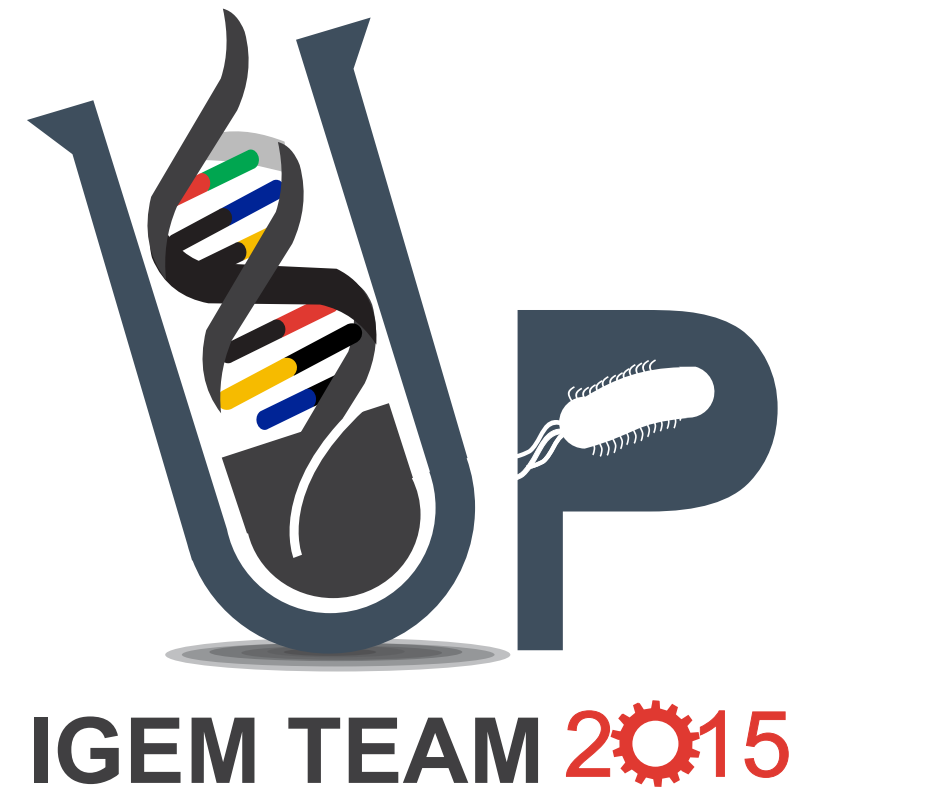Difference between revisions of "Team:Pretoria UP"
| Line 43: | Line 43: | ||
#description | #description | ||
{ | { | ||
| − | font-family: | + | font-family: 'Alegreya Sans', sans-serif; |
color:#003C78; | color:#003C78; | ||
font-size: 18pt; | font-size: 18pt; | ||
| Line 73: | Line 73: | ||
| − | <h4 id="description">SYNCHRONIZED, CONDITIONAL, GENETIC CHEMOTAXIS PROGRAMMING</h4> | + | <!--<h4 id="description">SYNCHRONIZED, CONDITIONAL, GENETIC CHEMOTAXIS PROGRAMMING</h4>--> |
| + | <h4 id="description"> Synchronized, Conditional, Genetic Chemotaxis Programming </h4> | ||
</div> | </div> | ||
Revision as of 21:45, 18 September 2015

Project Description
The Pretoria UP iGEM team of 2015 have proposed a design for intelligent motile bacteria based on a combination of DNA modules that confer different functions. The synchronous behaviour of the bacteria will be achieved through a quorum sensing module allowing the population to behave as a swarm instead of independent units. A conditional response to an environmental signal is conferred through a post transcriptional control mechanism known as riboswitching, thus the bacterial swarm may recognise and respond to a chemical attractant. Since the system makes use of several modular components, an AND gate is required to process the various signals which in turn would trigger a genetic switch in the bacterial chemotaxis. The irreversible change is programmed by a DNA recombination switch which inverts the directionality of a promoter through the Cre-loxP pathway. We invite you to explore the various aspects of the project on this site.



